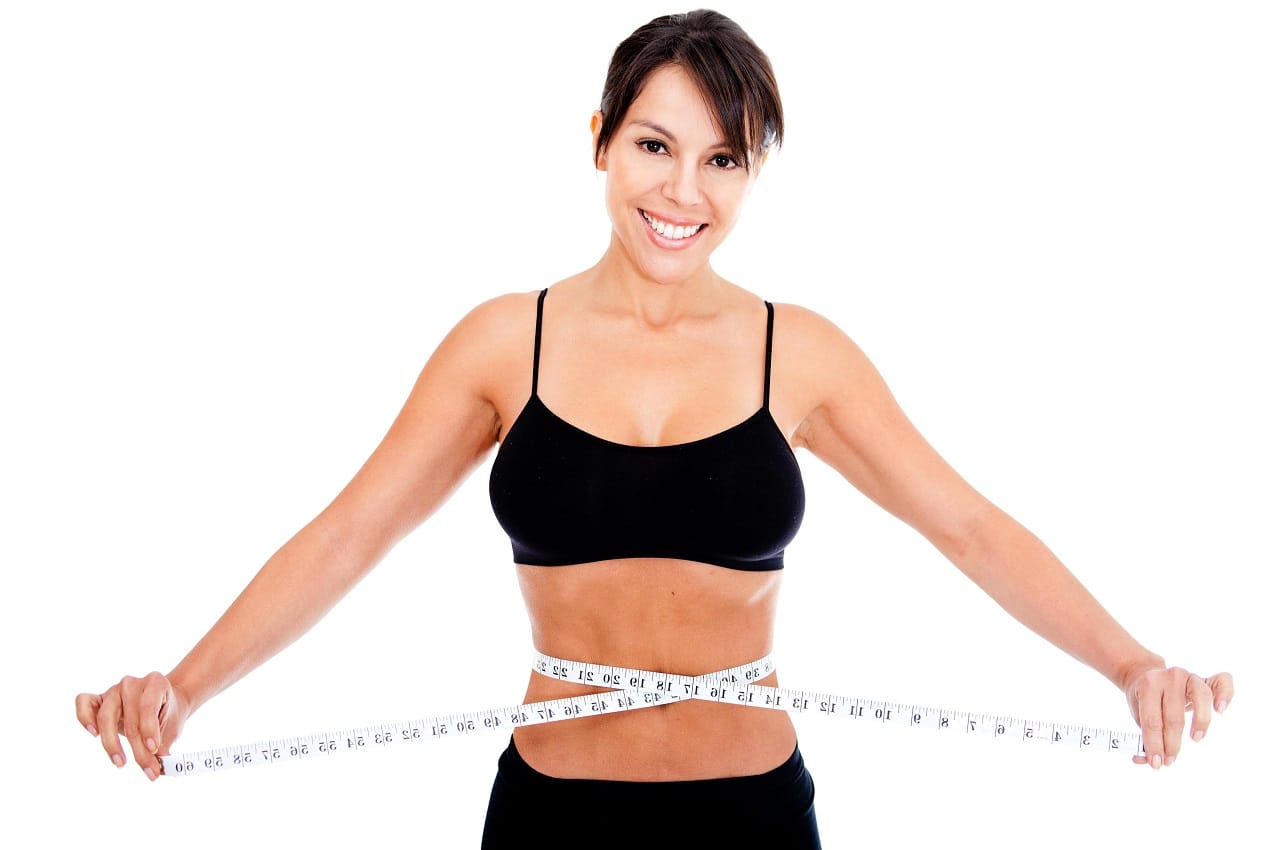
Essay on How would the recommended calorie intake for a female change throughout her lifetime and why?
Recommended daily calorie intake is the optimal amount of calories consumed per day which allows maintaining the shape and health. This concept is very individual, because this value depends on the age and the physical activity during the day and on the specifics of the metabolism, and the conditions of life in general. Nevertheless, there are averages of daily calories needs which represent the approximate optimal amount of calories for women of all ages.
A growing body needs sufficient amount of calories: while hormones are acting up adolescents need sugar (glucose) and fats (for the brain). At the age of 14-15 girls just have to consume about 2500 calories per day. The diet must contain proteins needed for growth and formation of the organism. By 18, the norm for young girls can make 1800-2000 calories in the absence of physical activity and reach 2400 in case of activity (Human Energy Requirements).
A 20-year-old person needs the biggest amount of calories. Thus, for women of 19-30 the optimal number of calories per day is from 2400 to 2600. If, in addition to the main activity women in this age group also have physical loading (30 minutes per day), the recommended daily calorie intake for them can be increased by an average of 300 calories. However, in sedentary lifestyle, the daily calorie needs may be limited to 2000 (Human Energy Requirements). During this period, a woman’s body also often experiences such an important state as pregnancy and subsequent lactation, when a woman needs 2500 calories a day and a little more at the end of pregnancy – 2800. These extra calories cover the needs of a child and increased metabolism of a mother (Beck 258). Nursing mothers also need 500 – 600 extra calories a day to ensure good nutrition for a child (Beck 287).
With age, the need for calories decreases on average by 2-4% every 10 years (Beck 10). Therefore, at the next stage of 31-50, when women, firstly, have the decreased intensity of the primary metabolism, and secondly, have less energy for physical activity the body needs less and less calories. The energy value of the diet can be reduced to 1800 kcal for sedentary lifestyle, 2000 kcal with an average activity, and 2200 kcal with active exercise (Human Energy Requirements).
Starting from 51, an average woman is faced with the onset of menopause. Upon occurrence of menopause it gets more difficult to control the weight, and its loss is almost impossible at all. It all depends on hormone level: instead of burning calories, woman body accumulates fat (Beck 330; Healthy Eating for Life for Women 65-67). Therefore, post-menopausal women need fewer calories to maintain former body weight. It is necessary to reduce consumption of sustaining food by 10-15% and to increase physical activity (Healthy Eating for Life for Women 76). Thus, depending on the intensity of daily activity, the recommended daily calorie intake varies from 1600 to 2000. For women aged 60 to 70 the daily norm of calories may be even lower (Healthy Eating for Life for Women 76; Beck 333).
In general, there are many different formulas for individual calculation of daily calories. For instance, a convenient formula for calculating the daily calories is Harris-Benedict equation, which takes into account weight, age, and height (Healthy Eating for Life for Women 30):
655 + 9.6 * (weight in kg) + 1.8 * (height in cm) – 4.7 * (age in years)
The result is a daily calories need in the state of rest. If you need to calculate the daily calories need to maintain current weight at different loads, it is necessary to make a small adjustment to the result: multiply the result by 1.38, if a person does fitness at least once a week, multiply by 1.55 if the exercises are made 3-5 times per week, and 1.73 for 5-6 times a week. If one wants to lose a little weight, the obtained in each case results should be reduced by 20% (Healthy Eating for Life for Women 30).
The correctly calculated daily rate of calories allows maintaining the optimal weight and strong health. However, in the fight against excess weight it is important to consider not only the total calorie intake, but also the methods of food preparation, the usefulness of the products used. Healthy eating in the range of daily calories need is the guarantee of good health and beautiful appearance at any age.

